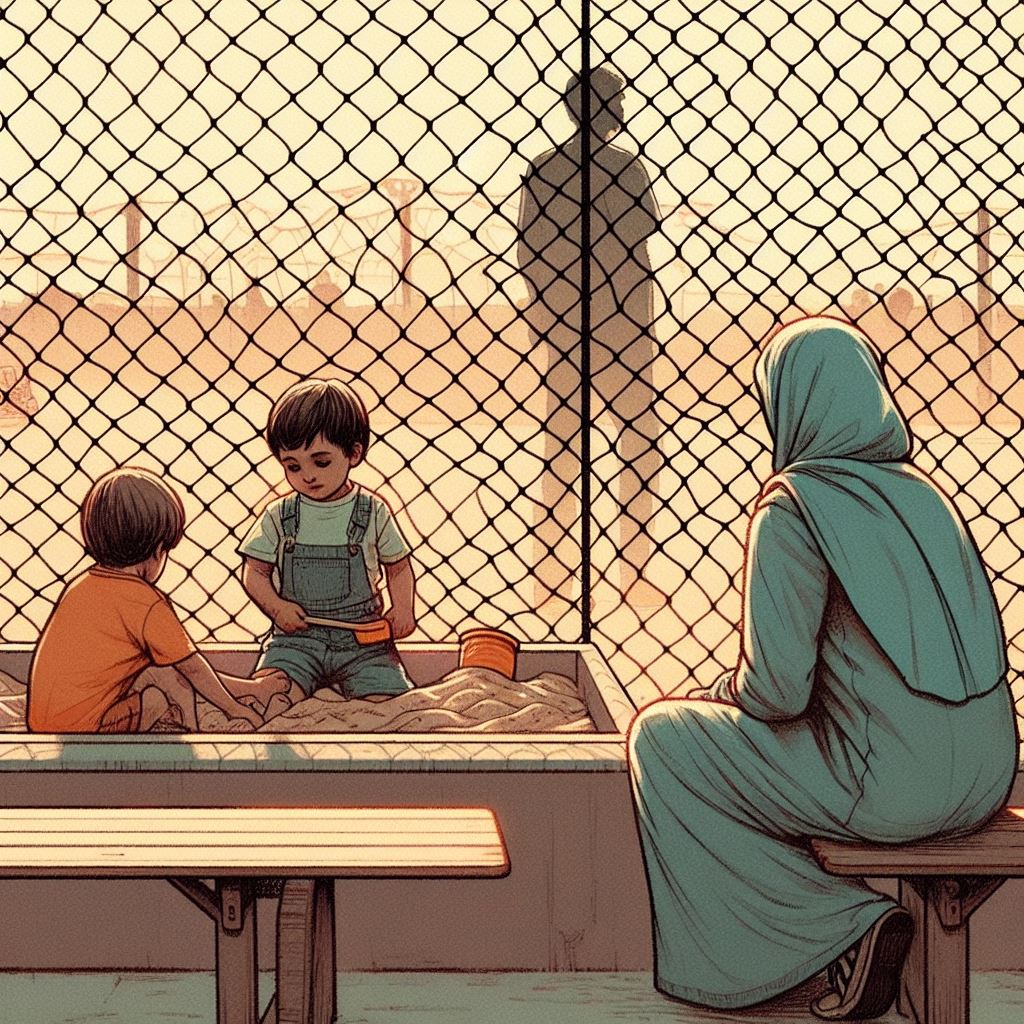Domestic violence requires effective measures to protect victims. One of the crucial tools in this context is a restraining order, aimed at temporarily restricting the rights or imposing obligations on the perpetrator of the violence.
Who Can Apply to Court for Issuance of a Restraining Order? The right to apply to the court for a restraining order against the perpetrator belongs to the victim or their representative. In cases of domestic violence against a child, the parents or other legal representatives of the child (grandparents, siblings of legal age), step-parents, or guardianship and custody authorities have this right. In cases of domestic violence against an incapacitated person, the guardian or guardianship and custody authorities have this right.
Measures of Temporary Restriction Measures of temporary restriction, applied in case of issuance of a restraining order, include:
Prohibition of residence with the victim in their shared place of residence.
Removal of obstacles to the use of property belonging to the joint ownership or personal property of the victim.
Limitation of communication with the affected child.
Prohibition of approach to the place of residence, education, work, and other places frequented by the victim.
Prohibition of personal or intermediary contact with the victim who voluntarily stays in an unknown location from the perpetrator.
Prohibition of correspondence, phone calls, or communication with the victim through any other means of communication, both personally and through intermediaries.
Circumstances and Evidence in Cases of Issuance of Restraining Orders The factual circumstances indicating the necessity of issuing a restraining order include the commission of any type of violence (domestic, physical, psychological, sexual) by the perpetrator. Evidence confirming these circumstances may include:
Materials confirming the existence of proceedings (criminal or administrative) against the person who committed domestic violence.
Issuance of a temporary restraining order.
Information about the inclusion of data in the Unified State Register of Domestic Violence Cases.
Witness testimony.
Expert conclusions.
Personal recording of events on audio or video recordings.
Copies of statements to the police, among others.
Court consideration of cases on the issuance of a restraining order has the following features:
1. The court examines the case with the participation of the applicant and interested parties, which may include persons against whom an application for the issuance of a restraining order has been submitted, or state and local self-government bodies within their powers. In cases where the applicant's participation may pose a threat to further discrimination or violence, the case may be considered without his participation.
2. The absence of properly notified interested parties does not prevent consideration of the case for issuing a restraining order.
3. Court costs related to the consideration of the case on the issuance of a restraining order shall be borne by the state.
4. The court must consider such a case within 72 hours from the moment the application is received by it.
5. The decision to issue a restraining order may be made for a period of one to six months.
6. If necessary, the restraining order can be extended at the request of the interested parties.
7. The court is also obliged to inform the authorized units of the National Police of Ukraine and the relevant state administrations and local self-government bodies about the issuance or extension of the restraining order.
It follows from the above information that the process of consideration of a case on the issuance of a restraining order in Ukraine has a clearly defined procedure and deadline.
This procedure is aimed at ensuring the protection of victims from further violence and discrimination, as well as at ensuring the effective implementation of justice in cases related to domestic violence.
In cases of protection against domestic violence, the lawyers of the legal marketplace "Consultant" provide full general support, which includes: legal analysis of the situation, legal opinion of the lawyer, submission of necessary statements to authorities and law enforcement agencies, protection of rights and interests in court throughout Ukraine.
You can order a legal analysis of the situation and other types of legal assistance both from the author of the article and from any of our other consultants.
Do not hesitate to contact us for legal assistance in domestic violence protection cases.
Sincerely, the team of the legal marketplace "Consultant".




































